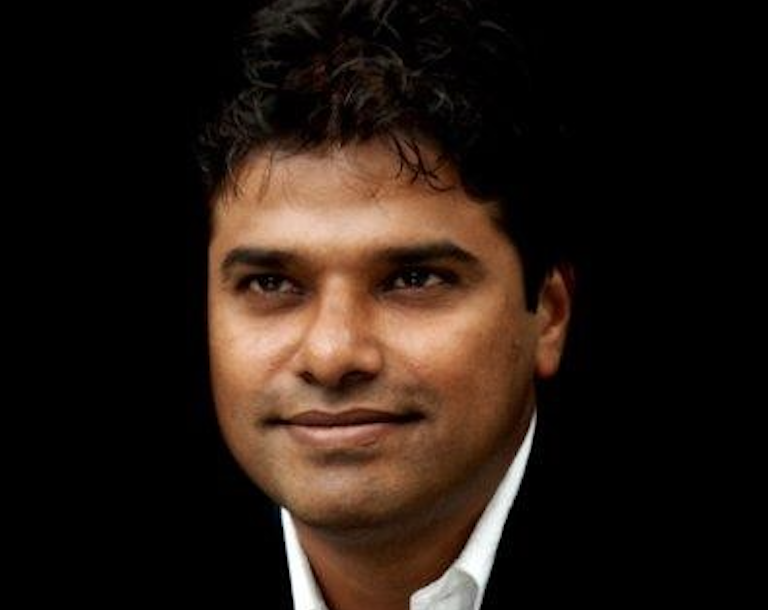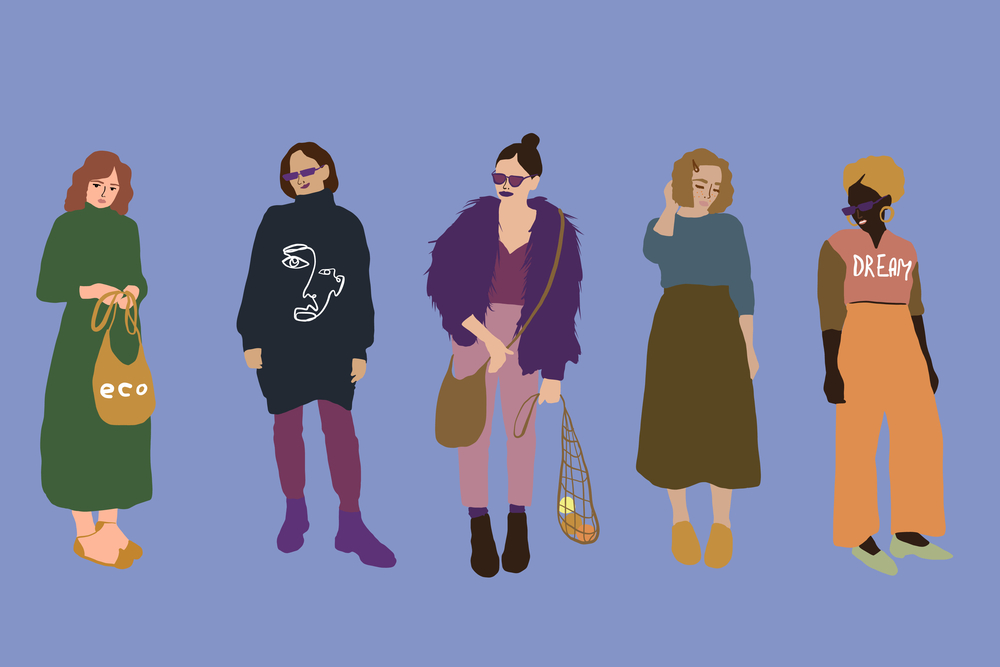“Now women, I just want you to know; you are not perfect, but what I can say pretty indisputably is that you’re better than us (men),” Barack Obama said while speaking at the Singapore Expo on December 16, 2019. “I’m absolutely confident that for two years, if every nation on Earth was run by women, you would see a significant improvement across the board on just about everything … living standards and outcomes.”
I have been keen to explore the rise of feminism at a time when we have witnessed many dramatic changes in the rise of women in our society. Finland has just sworn in a 15-member cabinet of which 10 are women with 34-year-old Sanna Marin as the world’s youngest Prime Minister. The 116th US Congress saw a record 102 women (23.4% of the Chamber’s voting members) and Nancy Pelosi as the Speaker of the House of Representatives. Prime Minister of New Zealand Jacinda Arden’s very feminine response when 50 Muslims were killed in two mosques in March 2019 won universal praise; while the hope for climate change has been driven by 16-year-old Greta Thunberg, the TIME Person of the Year.
In a first in the history of Indian sports, all nine athletes nominated by the Sports Ministry for Padma Awards are women. And a recent Harvard case study by Jack Zenger and Joseph Folkman shows that “women score higher than men in most leadership skills”. SAP’s Jennifer Morgan became the first women to lead a DAX company after being named as co-CEO. It may all sound remarkable, but there will come a day when it may not. While a lot still needs to be done, feminism has come a long way since the term was coined in 1837.
Charles Fourier, a utopian socialist and French philosopher, is credited with having coined the word “féminisme” in 1837. The word (in translation) first appeared in France and the Netherlands in 1872, Great Britain in the 1890s, and the United States in 1910. Feminism is a range of social movements, political movements, and ideologies that share a common goal: to define, establish, and achieve the political, economic, personal, and social equality of the sexes.
Most people today fail to fully understand the ideology/theory of feminism. It has been described as emerging in three waves. The first wave of the feminist movement started in the mid-19th Century and culminated with the women’s suffrage movement that led to women gaining the right to vote. One of the earliest feminist works, A Vindication of the Rights of Woman by Mary Wollstonecraft, was published in 1792. She was working on a second volume when she died.
In the 1940s, women gained increasing employment as men left overseas to fight in World War II. At the end of the war, however, women were forced out of the workplace. This gave rise to the second wave in the 1950s, and the books that ignited it were notably French author and existentialist Simone de Beauvoir’s The Second Sex and US author Betty Friedan’s The Feminine Mystique. Criticism grew that the movement had focused on white women to the exclusion of everyone else, and the second wave essentially ended in the 1980s with the failure to ratify the Equal Rights Amendment.
The third wave emerged in the mid-1990s. It was led by so-called Generation Xers who, born in the 1960s and ’70s in the developed world, came of age in a media-saturated and culturally and economically diverse milieu and were influenced by the postmodernist movement. Although they benefited significantly from the achievements of the earlier feminists, they also critiqued their positions. The concept of a ‘gender continuum’ emerged.
Although debated by some, many claim that a fourth wave of feminism began about 2012, with a focus on sexual harassment, body shaming, and rape culture. It was driven by the use of social media. The brutal gang-rape and murder of a young woman in India in December 2012 sparked national and international outrage, while Donald Trump’s inflammatory remarks about women provoked the historic Women’ March in which 4.6 million participated across the US the day after he was elected president. This was followed by the #MeToo campaign, starting with allegations of film mogul Harvey Weinstein’s history of sexual harassment of women in the industry, and spreading across the globe to bring condemnation to dozens of powerful men in politics, business, entertainment, and the news media.
The only reason women have not had a better representation across all sections of society is because of institutional and systemic bias. At the same time, the fact that we have come so far in so little time is a marvel. And that’s thanks to the feminist movement. Here’s hoping that the next decade will belong to the women. And every man should be cheering for that.
As my actress friend Nandita Das would say, “Every conscientious man should be a feminist.”
Originally published on Forbes.
Follow us here and subscribe here for all the latest news on how you can keep Thriving.
Stay up to date or catch-up on all our podcasts with Arianna Huffington here.


